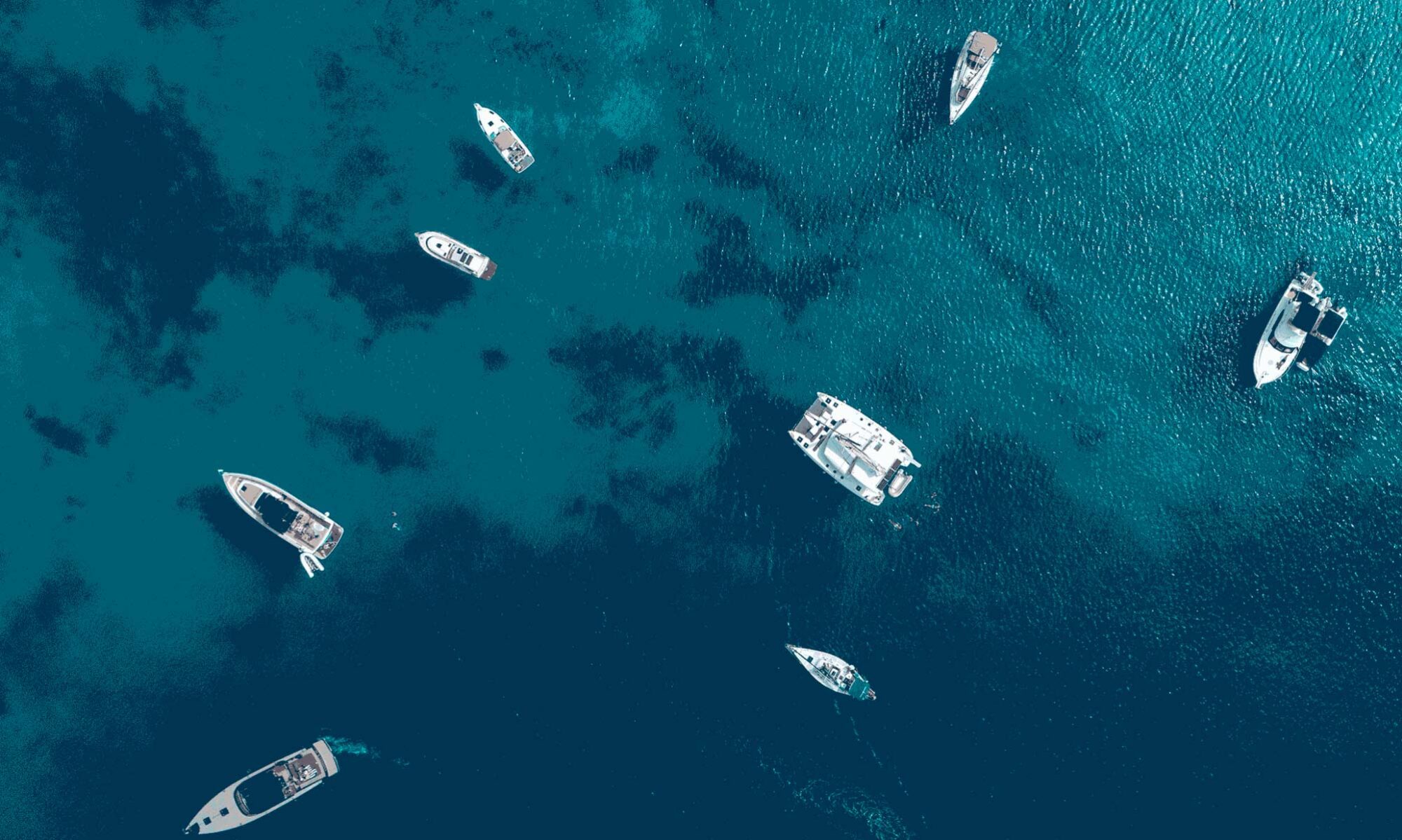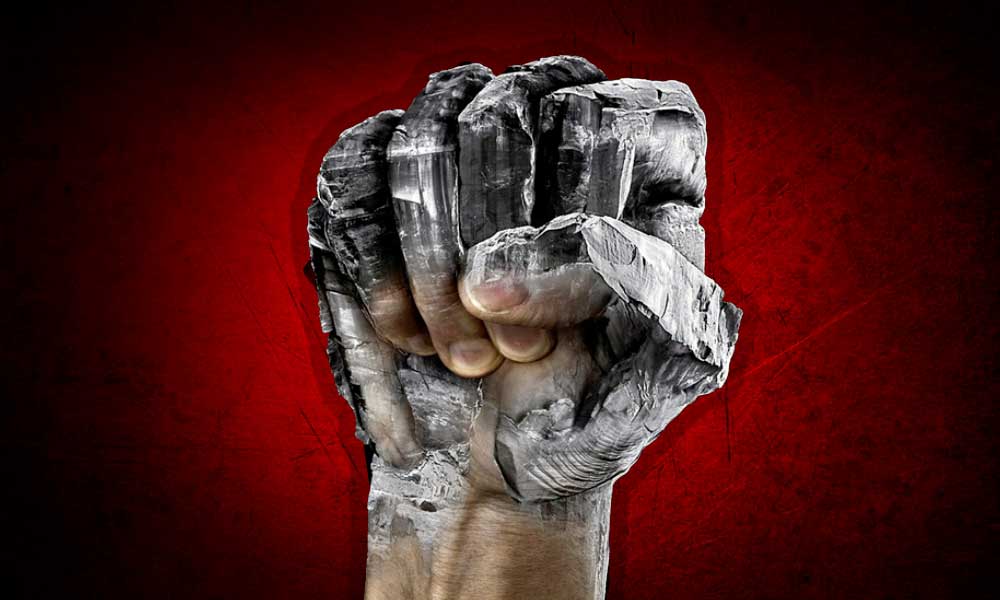In our exploration of the world’s diverse tapestry, we often find ourselves marvelling at the rich customs and traditions that define different societies. Yet, beneath this cultural vibrancy lies a more rigid framework: the laws and regulations that govern daily life. In some countries, these laws are not just strict but can be perceived as brutal by those looking in from the outside.
Cuba
Cuba, an island nation steeped in the history of revolution and the charisma of figures like Che Guevara, presents a fascinating case study of strict laws within a culturally rich society. The Cuban revolution brought with it not just a change in political power but a radical transformation in the social and legal fabric of the country.

Internet access is limited. Rallies and demonstrations are not allowed. There is no cable TV.
The Cuban government has decided to ban foreign investment in local businesses.
The sale of seafood such as shrimp and lobster is strictly prohibited.
Electronic devices such as microphones, satellite phones or radio stations, as well as components for their manufacture, are also prohibited from being imported into the country.

Despite this, Cuba remains a paradise vacation for many, with its pristine beaches, vibrant culture, and the warm hospitality of its people. The strict laws, while shaping the social landscape, have not been able to diminish the spirit of the Cuban people or the allure of its rich cultural heritage.
China

China has a unique and strict approach to the rule of law, which includes serious measures against malicious violators. The death penalty is the current punishment for corruption, fraud and malfeasance.

There is a law in the country prohibiting the rescue of drowning people, as this is perceived as inappropriate interference in someone’s fate.
Some elements of Western culture, such as chewing gum, can lead to dismissal from work or expulsion from an educational institution.
United Arab Emirates
In the United Arab Emirates the laws and norms of behavior differ from what people in Western countries are used to. Their violation can lead to serious consequences.

For example, if you accidentally drop trash on the street, don’t be surprised if it results in a fine or even an arrest. Clothing standards are also very different: brevity and openness are not welcome. At the level of the law, any manifestations of love in public places can cause arrest.
The UAE has special rules for communication between the sexes. For example, it is unacceptable for a man to address a strange woman or attempt to take a photo of her without permission — you can go to prison for this. And men who decide to wear shorts or jewelry may also face criminal penalties.

People of all genders cannot visit public parks at the same time. Now women are allowed to walk in these places on Mondays, Tuesdays and Sundays, and men — on the rest of the week.
North Korea

North Korea remains one of the most closed and totalitarian countries in the world. Since the Communist regime took power, state policy has been aimed at maximum isolation from Western influence, and this is supported by a number of laws and decrees.

Transport in the country is very different from the usual one. Due to the lack of gasoline, cars often run on alternative energy sources such as wood. Carbon monoxide and hydrogen gas produced from wood are used as fuel here.

As for religious and cultural life, in North Korea, the Bible is considered a forbidden symbol of Western culture, and keeping this book can cause execution. The country’s media landscape is extremely limited: only three TV channels and severely limited Internet access.
Tourism and cultural exchange with the West are subject to the strictest restrictions. Citizens of the country are prohibited from bringing any Western literature or films from abroad.
Understanding the Complexities of Strict Laws and Their Impact on Societies
The exploration of countries with strict laws reveals the intricate relationship between law, culture, and society. These laws, while often viewed as repressive by outsiders, are deeply rooted in the historical, cultural, and social fabric of the countries in which they exist. They reflect the values, fears, and aspirations of these societies, serving as both guardians of tradition and architects of social order.

















